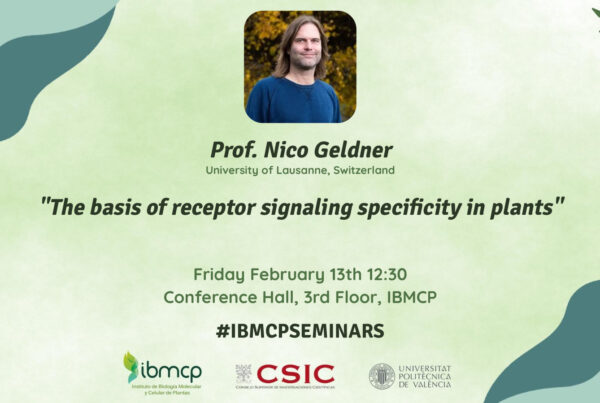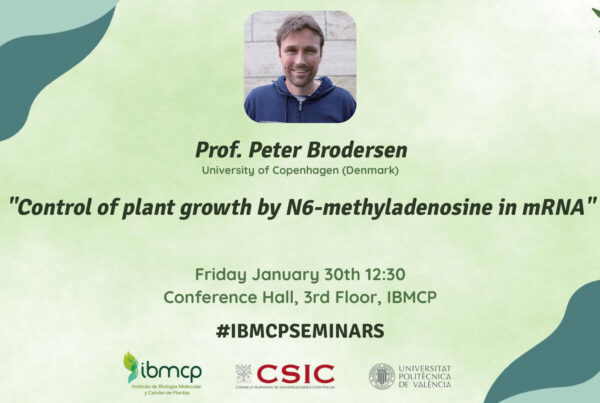Department of Plant Sciences, University of Cambridge, UK
Abstract
The regulation of the meristem in plants shares fundamental principles throughout evolution, but the molecular mechanisms are not as well understood outside of flowering plants. Marchantia has a reduced number of transcription factors, hormone biosynthesis and signaling genes, and cell cycle regulators. The expression of these genes defines the vegetative meristem throughout development. Through the systematic study of promoter expression patterns, we identified cellular domains that characterize vegetative growth. In contrast to the thousands of transcription factors and dozens of cyclins in flowering plants, Marchantia has around 450 transcription factors and only three canonical cyclins regulating the cell cycle. Marchantia cell cycle regulation machinery represent a simple system with features that combines plant specific features with ancestral eukaryotic ones. The transcription factors that define the Marchantia meristem are not necessarily homologous to those in Arabidopsis or other vascular plants. Subsequent functional studies also show that transcription factors from the ARF and ERF families are key for the maintenance and formation of the meristem.
Short Bio
Bachelor’s degree from the National University of Quilmes, Buenos Aires (Argentina). PhD at the Institute of Agrobiotechnology of the Littoral (Santa Fe, Argentina), under the supervision of Raquel Chan and Javier Moreno. I started working on Marchantia in 2017 with John Bowman (Monash, Australia). In 2021, I moved to the UK as a postdoc with Jim Haseloff, Department of Plant Sciences, Cambridge (UK). Since 2023, I have a Leverhulme Early-Career Fellowship also in Cambridge, where I continue working on Marchantia.
If anyone is interested in meeting with the speaker, please contact Miguel Blázquez (mblazquez@ibmcp.upv.es).









